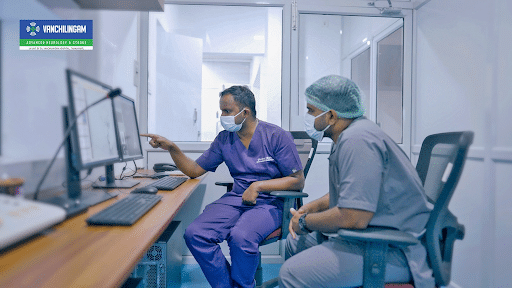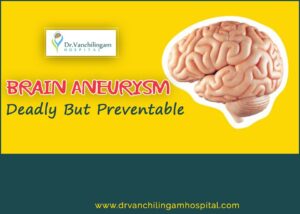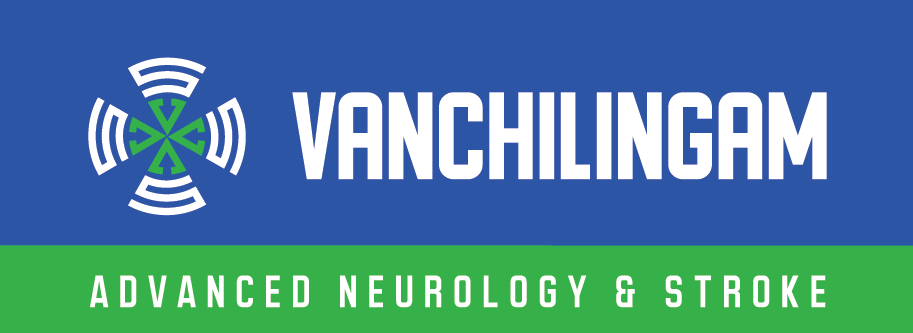The evolution of stroke care in Chennai from ‘Then’ to ‘Now’ reflects a remarkable journey marked by advancements in medical technology, increased awareness, and a shift towards specialized treatment.
Then:
In the earlier days, stroke care faced challenges in terms of accessibility, awareness, and the availability of specialized treatment options. Limited resources dedicated to neurological emergencies often led to delayed or suboptimal care.
Specialized stroke treatment units were scarce, and the integration of advanced technologies in stroke care was limited. The lack of dedicated stroke centers meant that patients often had to navigate through general emergency services, resulting in delays in diagnosis and treatment initiation. However, the landscape has undergone a transformative shift.
Now:
Fast forward to the present, and the landscape of stroke care in Chennai has undergone a transformative journey. The emergence of specialized centers like Vanchilingam Advanced Neurology & Stroke represents a significant leap forward. Led by Dr. Somesh Vanchilingam, the First Interventional Neurologist of Tamil Nadu, the facility stands as a beacon of advanced stroke care.
One of the pivotal advancements is the establishment of a state-of-the-art Neuro ICU within the facility. This underscores the recognition of the critical role of intensive care in neurological emergencies. Moreover, the inclusion of a Biplane Neuro Cath Lab sets the center apart by offering advanced neuro-interventional procedures, a rarity in many healthcare settings.
The ‘Now’ of stroke care in Chennai is characterized by heightened awareness campaigns, improved accessibility to specialized care, and a comprehensive approach to treatment. Patients and their families are now more informed about stroke symptoms, the importance of seeking immediate medical attention, and the array of advanced treatments available. For more detailed information on brain stroke symptoms, causes, prevention, treatment, and recovery, visit our comprehensive guide on Dr. Vanchilingam Hospital’s website.
Vanchilingam Advanced Neurology & Stroke: Bridging the Gap
The commitment of Vanchilingam Advanced Neurology & Stroke, recognized as a leading stroke specialist in Chennai, goes beyond providing tertiary-level stroke care. It symbolizes a commitment to bridging the gap between the past and the present in stroke management. Dr. Somesh Vanchilingam, a distinguished expert in interventional neurology, epitomizes the dedication to staying at the forefront of stroke care.
The inclusion of cutting-edge techniques for interventions echoes a commitment to not just treat strokes but to do so with the latest and most effective methods. The expansion of Dr. Vanchilingam Hospital into Chennai brings specialized stroke care to a larger population, contributing significantly to the evolution of stroke care in the region.
Visit Vanchilingam Advanced Neurology & Stroke for expert stroke care. Keep this emergency helpline in your contacts: 893 9998 108








